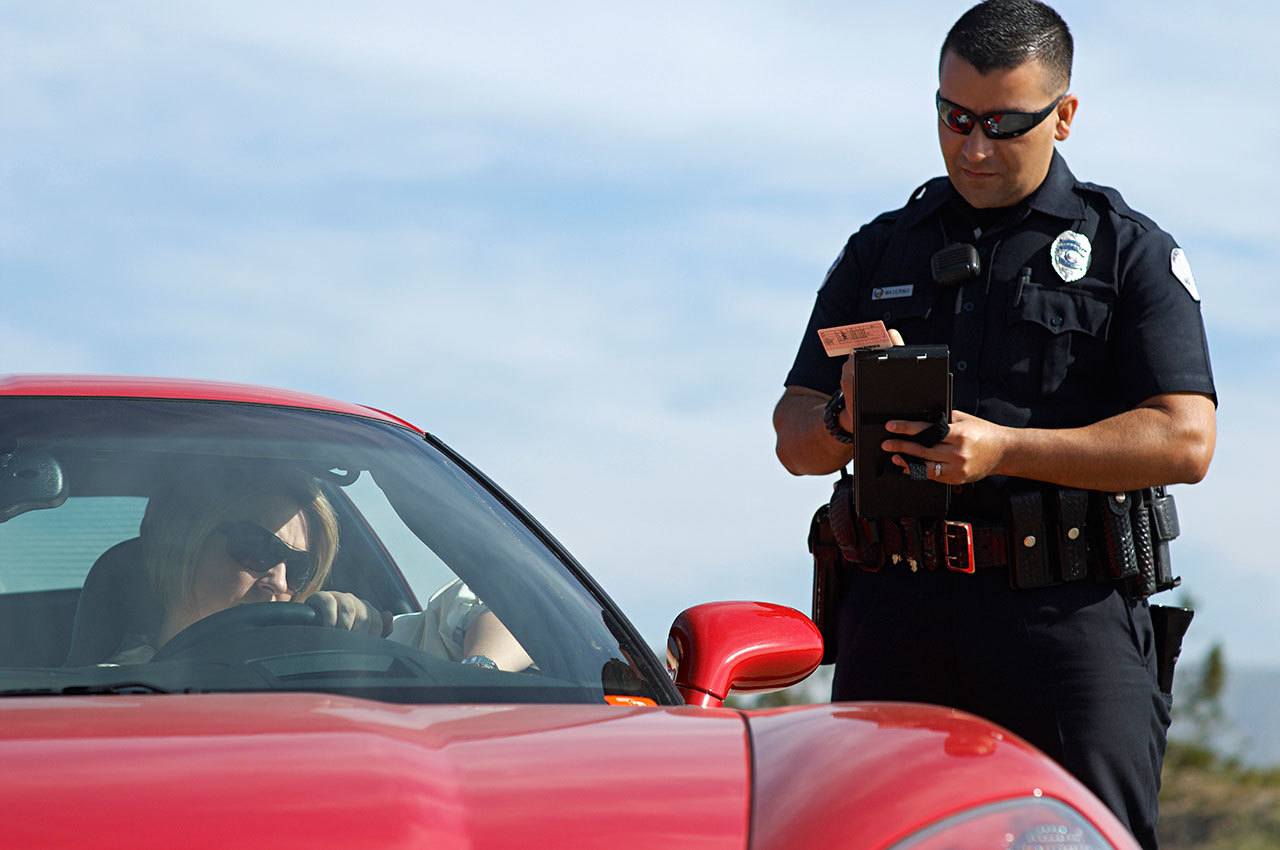When you are driving, you never want to see the flashing lights of a police car in your rearview mirror; however, it is something almost every driver experiences.
Even if you’re sure you did nothing wrong, the event is likely to cause your heart to race and your blood pressure to rise.
Traffic stops can also be nerve-wracking for police. A rash of police shootings nationwide have officers on edge and many simple traffic stops have escalated into situations where police or motorists have been injured or killed.
If you end up in a situation where you see the blue lights behind you, here are some things you should never do after you pull over. Of course, no matter what you do, you might still be cited or even arrested. If that happens, you should consult with an experienced attorney who can help protect your rights.
Don’t make suspicious moves
If you are stopped, don’t start digging through your glove box looking for your vehicle registration and don’t get out your wallet to find your license. As a police officer approaches your vehicle, he’ll be carefully watching your actions. If he sees you rummaging in the glove box, he doesn’t know if you are reaching for a weapon or trying to hide something illegal.
The Washington State Patrol suggests you turn off your car, roll down your window, then sit calmly with your hands on the steering wheel until the officer addresses you. If stopped at night, turn on the vehicle’s interior lights.
Don’t argue
You should generally let the officer do the talking, advises nolo.com. Respond politely when the officer asks questions, but keep your comments brief and to the point. Even if you believe the officer had no reason to stop you, don’t disagree or allow your temper to rise. Being hostile or rude can easily convince an officer to write a citation when he originally planned to let you off with a warning, or to give you two or three tickets instead of one.
Don’t leave the car unless asked
The state patrol says exiting your vehicle does not assist the officer and may be viewed as a threat. Staying in the vehicle protects your safety and that of the officer. If you are asked to get out, don’t make any sudden or threatening movements in the process. Never touch the officer and maintain a respectful distance of 3 to 5 feet.
Don’t volunteer
Plenty of drivers have gotten themselves into trouble by being too cooperative. You can be respectful and polite, but you don’t have to admit you were speeding, texting, sleepy, drinking or otherwise impaired. You aren’t required to take any field sobriety tests or to say anything that might incriminate you. If you are arrested, politely refuse to answer any questions without consulting an attorney.
Never agree to a search
It is much harder to challenge any evidence found in your car if you consent to a search. “If the officer has legitimate grounds to search your car, he or she is going to search the car whether you give permission or not,” writes attorney Ave Mince-Didier for nolo.com. “Many times, officers will ask for your consent to search your car when the officer knows that there are no legal grounds to support a search without your consent.”
Always consult an attorney
A moving violation like speeding, negligent driving, failure to yield, etc., can cost hundreds or thousands of dollars in fines and increased insurance rates. A DUI or impaired driving conviction will cost thousands and you can lose driving privileges. An attorney skilled in dealing with traffic cases can often get your charges reduced or eliminated, saving you money and preserving your reputation.

























